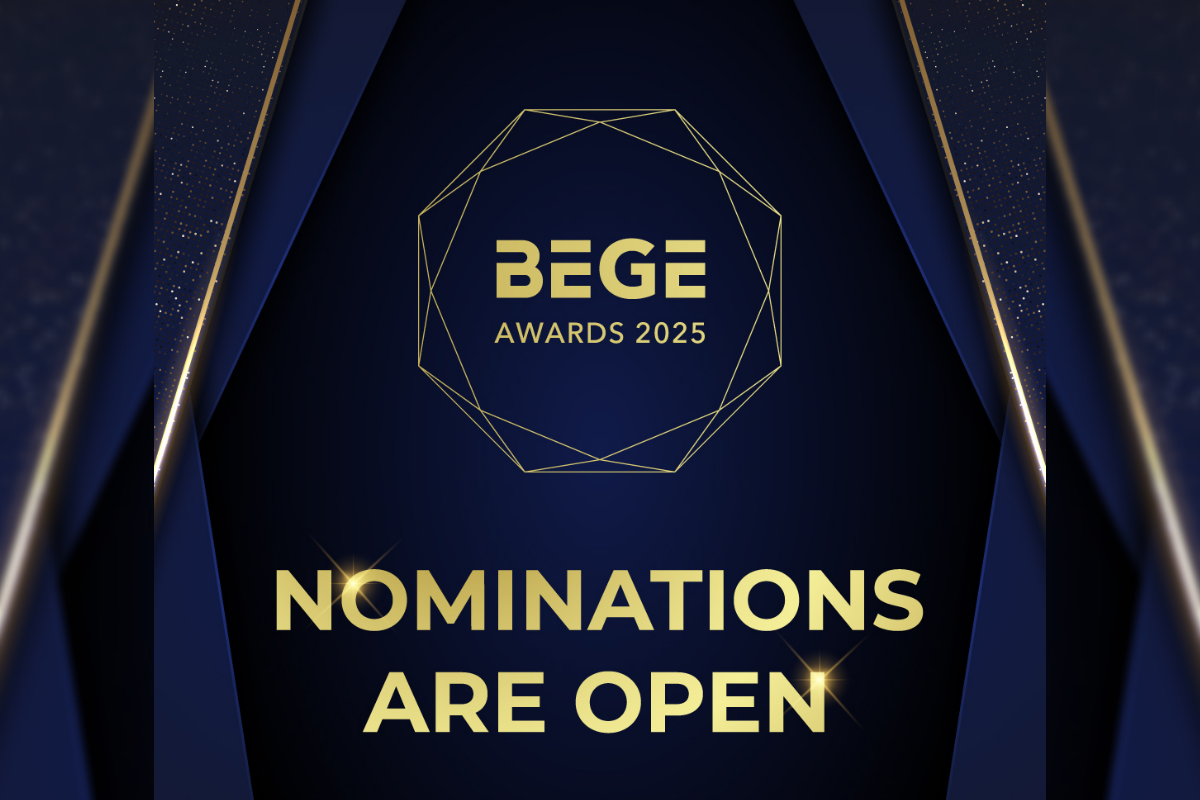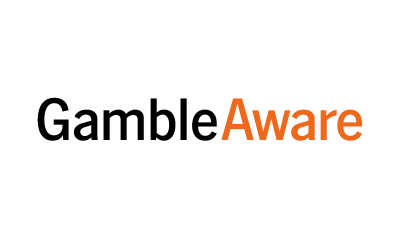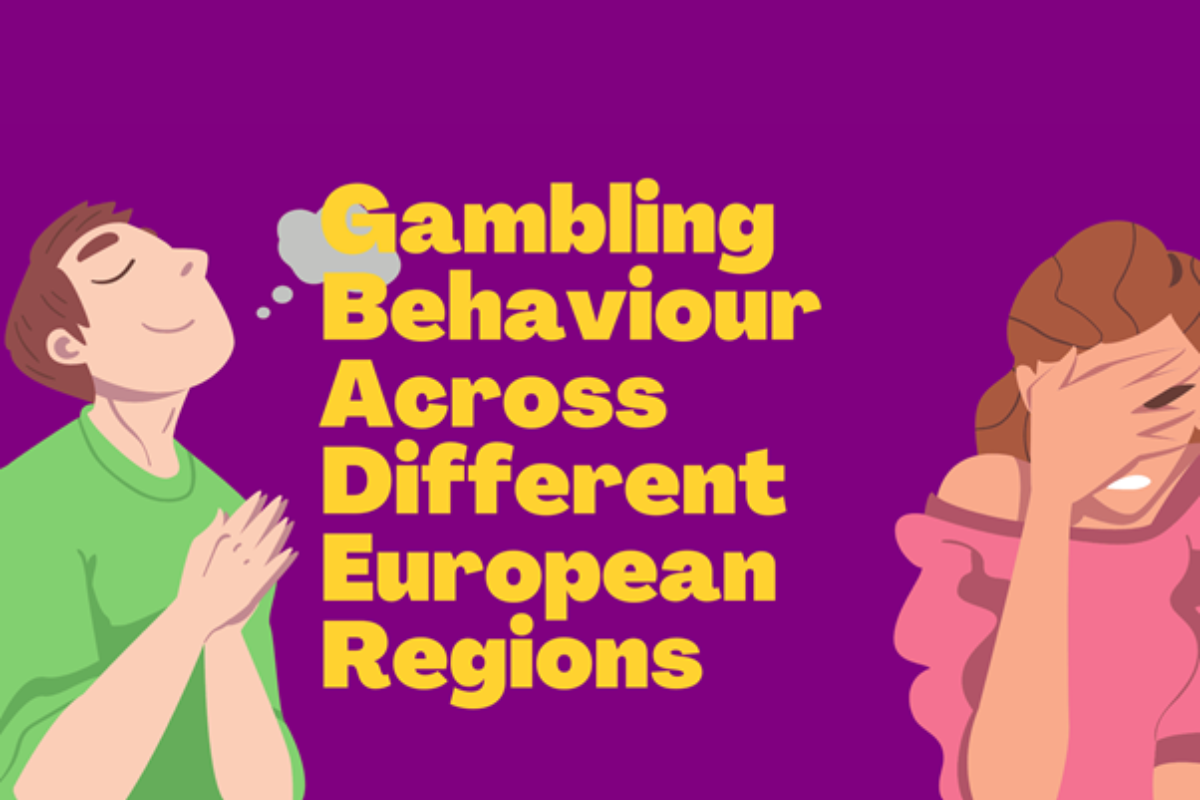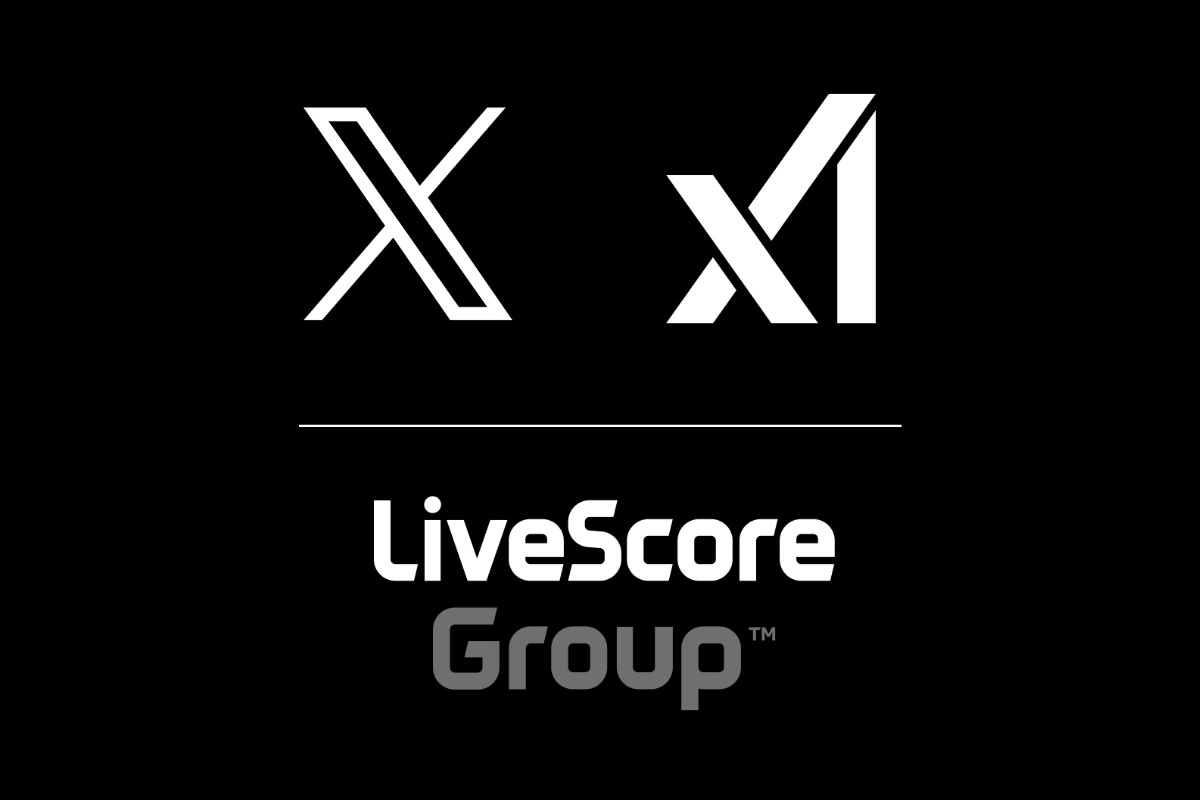Latest News
GambleAware Publishes New Reports and Guide for Financial Services Industry to Help Prevent Gambling Harm

GambleAware has published a new report by the Behavioural Insights Team which analyses behavioural datasets to understand whether these could be used to build a clearer picture of the ways in which people gamble, identify possible harms, and eventually inform prevention, treatment, and support responses.
The commissioned research analysed bank transactional data from Monzo and HSBC, aiming to shed new light on what these datasets can, and cannot, tell us about gambling behaviour. The reports demonstrated that bank customer and transactional data can offer valuable insights into the success of gambling blocking tools and also provide unique profiles of gamblers. For example, of those using Monzo’s gambling blocker, it was found that the week before gamblers activated the block, their average daily gambling spend tripled. Specific profiles of gamblers were also revealed by the research, such as that gamblers had less money on average in their Monzo internal saving pots than non-gamblers, or that gamblers ranked “Very Concerning” by HSBC had on average 35.6 gambling transactions per month, compared to 15.6 in those ranked “Concerning”, and just 1.2 in the “Control” group.
Taken individually, however, these datasets are not enough to understand whether a customer is at risk of experiencing gambling harms. A dataset from a single bank is unlikely to offer a full picture of an individual’s spending, and so these exploratory research projects illustrated that further research is needed to create a fuller picture of an individual’s overall financial wellbeing.
“Our research with HSBC and Monzo has demonstrated that bank transactional data can be a useful tool in identifying gambling behaviours and the unique profiles of gamblers, but further work is needed to understand how such data can be used robustly. Different banks may use different factors, and different thresholds to identify gambling, and future work could look at developing a more standard operating model of how this kind of data should be used to identify those at risk of harm,” Dr Simon McNair, Advisor at BIT, said
“Our research with GambleAware helps us to understand gambling-related behaviours so that we can provide the best support to our customers. This includes opt-in solutions such as a gambling restriction feature to help people control their urge to gamble and automatic declines or referrals for lending to help prevent the customer getting into debt. Customers can also appoint third parties to help manage their finances either through a third-party mandate or our Independence Service. In addition, our specialist support team are on hand to aid customers at risk of financial harm and can refer to trusted external organisations where needed. We continue to work with charities such as Gamble Aware on other ways in which we can ensure these customers have access to the right support,” Maxine Pritchard, Head of Financial Inclusion and Vulnerability at HSBC, said.
“Our work with the Behavioural Insights Team has provided us with important insights into gambling behaviour and the impacts of gambling. At Monzo, this is an area we care deeply about and we’ve had amazing success so far with our gambling block, which has been used by more than 350,000 customers since its launch in 2017. We’re excited to use these insights to inform future work in this area, further reduce gambling harm and provide our customers with even more control over their financial lives,” Natalie Ledward, Head of Vulnerable Customers at Monzo, said.
GambleAware has commissioned the Personal Finance Research Centre at the University of Bristol to produce a practical guide for financial services seeking to protect customers from gambling-related financial harms. The guide offers real-life examples of what firms can do to identify and support customers who are at risk of gambling-related financial harm. It highlights the value of financial firms proactively analysing customer transaction data for spending patterns and behavioural signs that might indicate gambling-related vulnerability and enable firms to take action to prevent harm occurring.
“At a conservative estimate, at least five million people in Britain experience harmful gambling, either because of their own gambling or someone else’s. Regulated financial services firms are well-placed to address the financial harms linked to gambling-related vulnerability and our practical guide shows them how. Doing this may have knock-on benefits for other dimensions of gambling harm, such as people’s mental health,” Professor Sharon Collard, Research Director at the University of Bristol’s Personal Finance Research Centre, said.
“This research from the Behavioural Insights Team is a good first step to explore how bank transactional data may be able to identify behaviours indicative of gambling harm. Whilst more research is needed into this area, we encourage all financial institutions, including those from non-bank settings, to make the most of the new guide to see what they can do to protect their customers from gambling harm. By working with financial services and promoting the advice and support available, we can work collaboratively to respond to customer need to keep people safe from gambling harm,” Zoë Osmond, CEO at GambleAware, said.
-

 Asia7 days ago
Asia7 days agoDigital gaming disruption tackled in 1st AsPac Regulators’ Forum
-

 Africa7 days ago
Africa7 days agoBetKing Renews Ikorodu City FC Partnership for 2025/26 NPFL Season
-

 Compliance Updates7 days ago
Compliance Updates7 days agoKongebonus statement: Norway’s election result signals gambling policy continuity, but licensing debate is set to intensify
-

 Balkans7 days ago
Balkans7 days agoBEGE Awards Nominations Now Open – Celebrating 16 Years of Industry Excellence!
-

 Latest News7 days ago
Latest News7 days agoWin a Fruity Fortune in BGaming’s Bonanza Trillion
-

 Latest News7 days ago
Latest News7 days agoAnswer the Call of the Wild: ELA Games Unveils Its Latest Game “Buffalo Force”
-

 Latest News7 days ago
Latest News7 days agoSaddle up for big wins under the Bison Moon with the latest slot from Northern Lights Gaming
-

 Latest News7 days ago
Latest News7 days agoSlots Temple Announces Exclusive Free-to-Play Tournament Partnership with Pragmatic Play





























